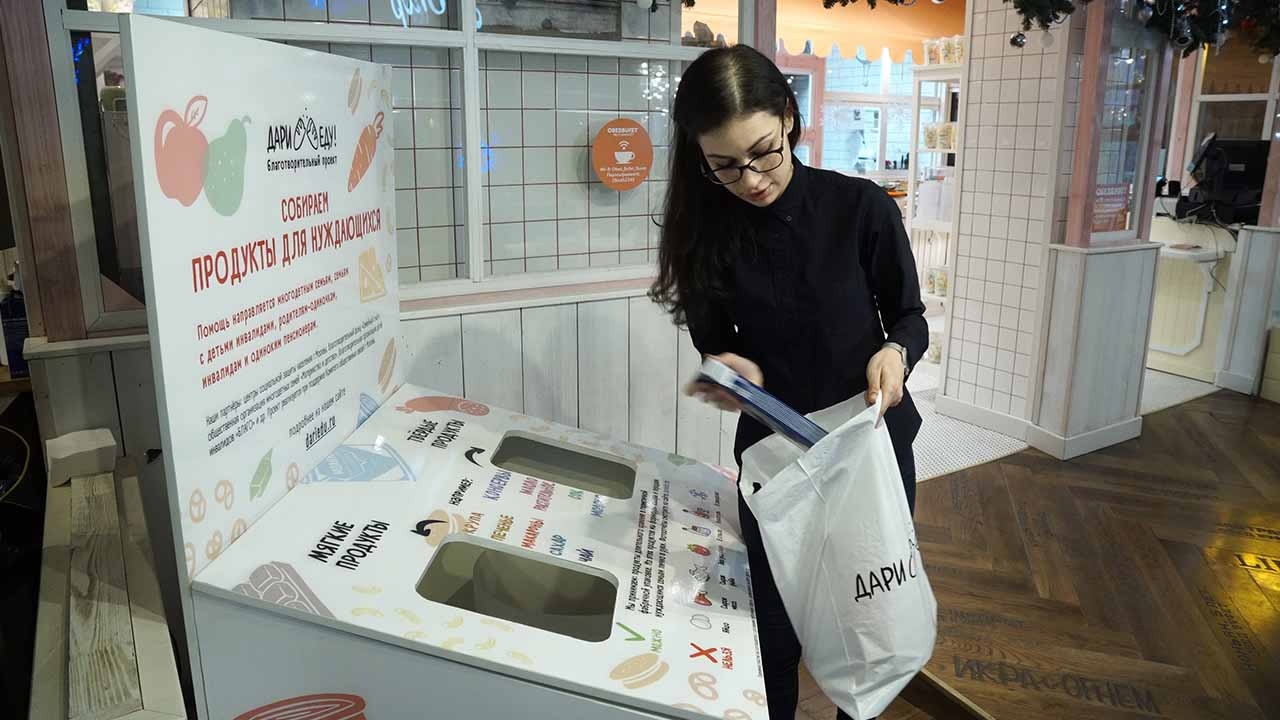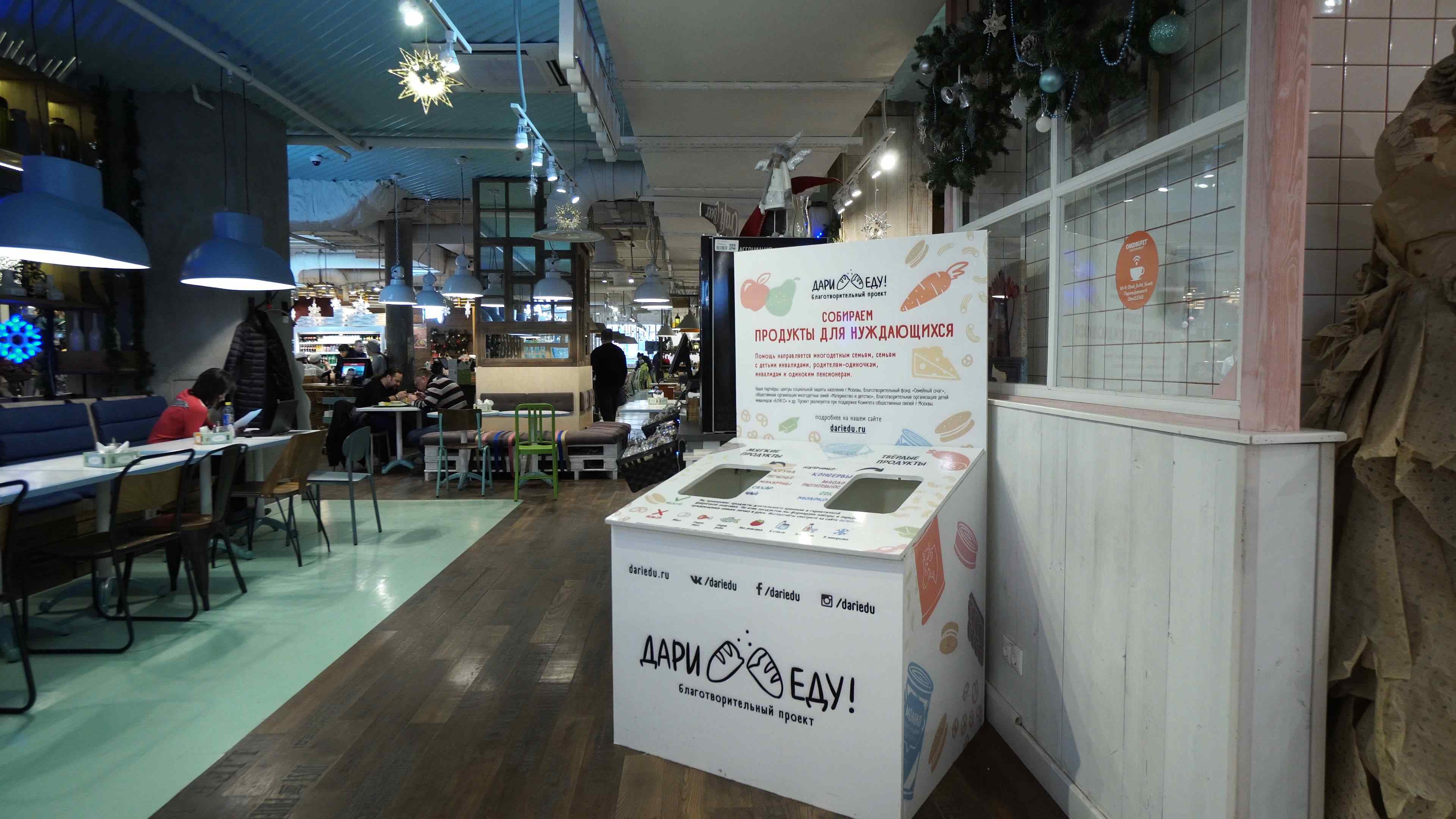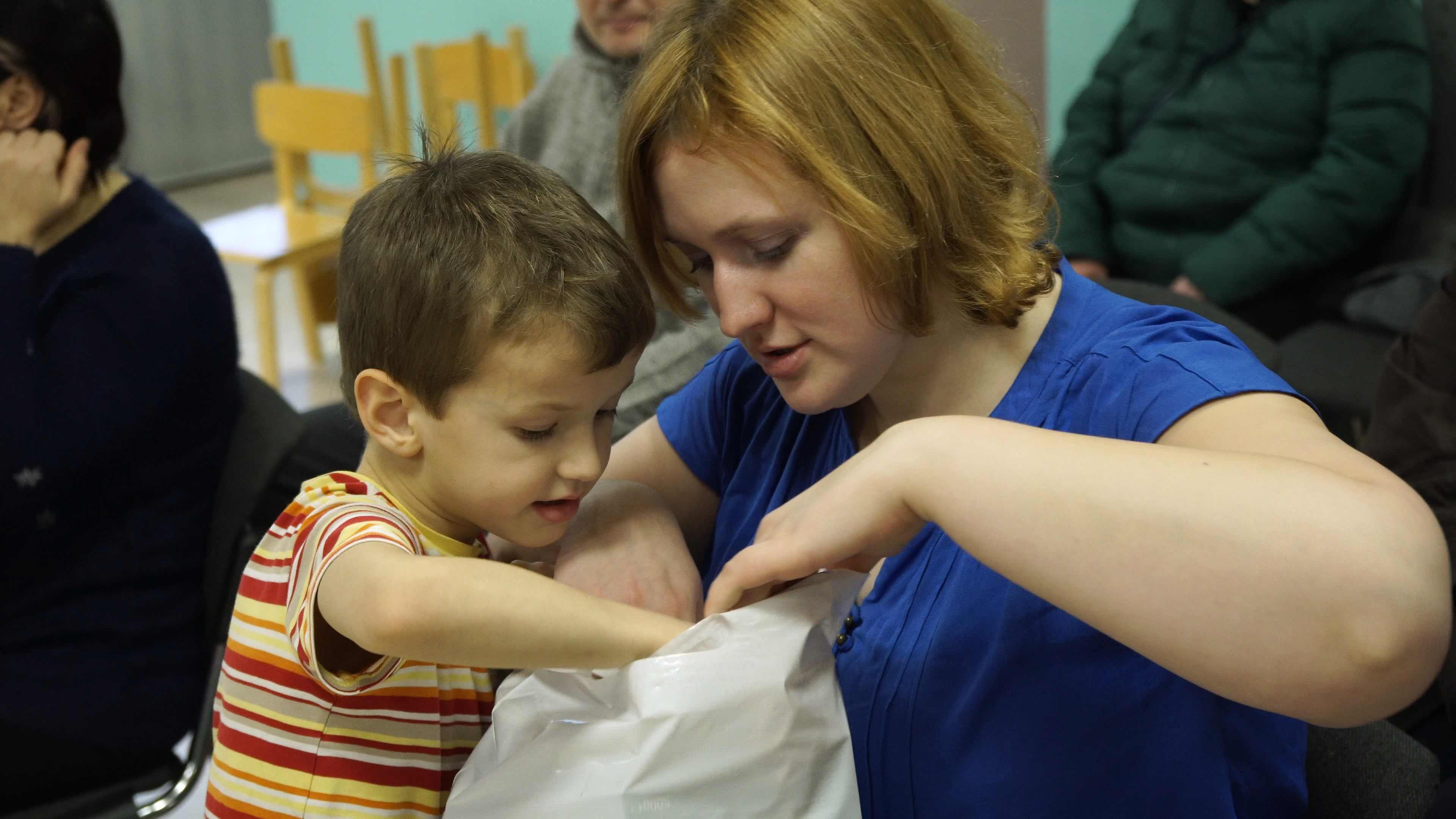
World
10:05, 23-Dec-2017
'Give Food' project in Russia helps feed those in need
By Daria Bondarchuk

Two young Russians, Igor Shatunov and Alisa Kiseleva, founded the food charity project “Give Food” to provide basic food items to the needy.
More than 20 million Russians make less than the minimum wage, according to recent statistics.
And for many, getting basic food can be a challenge.
The "Give Food" project started a year ago with just one box installed at a supermarket where shoppers could leave food for the needy.
The "Give Food" project started a year ago with just one box installed at a supermarket where shoppers could leave food for the needy.
It was more of a social experiment at first, project founder Shatunov said they wanted to see how it work out.
"In the end we managed to build a great team, and there was demand for it. It looked interesting. Now I have a different vision for this, and I want to build this into a bigger thing,” Shatunov said.
He now has 18 boxes installed in grocery stores, cafes and office centers across Moscow. People can bring grains, dry pasta, canned food, sweets and oil and leave them in the boxes.

A food collection box set up by the “Give Food” charity project. /CGTN Photo
A food collection box set up by the “Give Food” charity project. /CGTN Photo
Kiseleva, the project's deputy head says the idea worked because they've come up with an easy solution.
“Food is a daily need. Everyone needs it. It’s simple and easy to understand. By donating a pack of buckwheat, one can be sure that someone will have it for dinner and will feel he is being cared for," said Kiseleva.
According to the founders, one box collects about 200 kilograms per month. The food donated is sorted and delivered to social assistance centers.

Donated food goes to the needy. /CGTN Photo
Donated food goes to the needy. /CGTN Photo
“Our target audience is elderly people, families raising children with disabilities, single parents and families with three or more children,” said Shatunov.
The activists behind the project are planning to open 10 more boxes before the end of the year. Kiseleva said they hope to contribute to make giving a commonly shared value.
“It’s a simple way to do charity, we’re trying to promote it and make it more popular so that charity becomes a norm,” she added.

SITEMAP
Copyright © 2018 CGTN. Beijing ICP prepared NO.16065310-3
Copyright © 2018 CGTN. Beijing ICP prepared NO.16065310-3